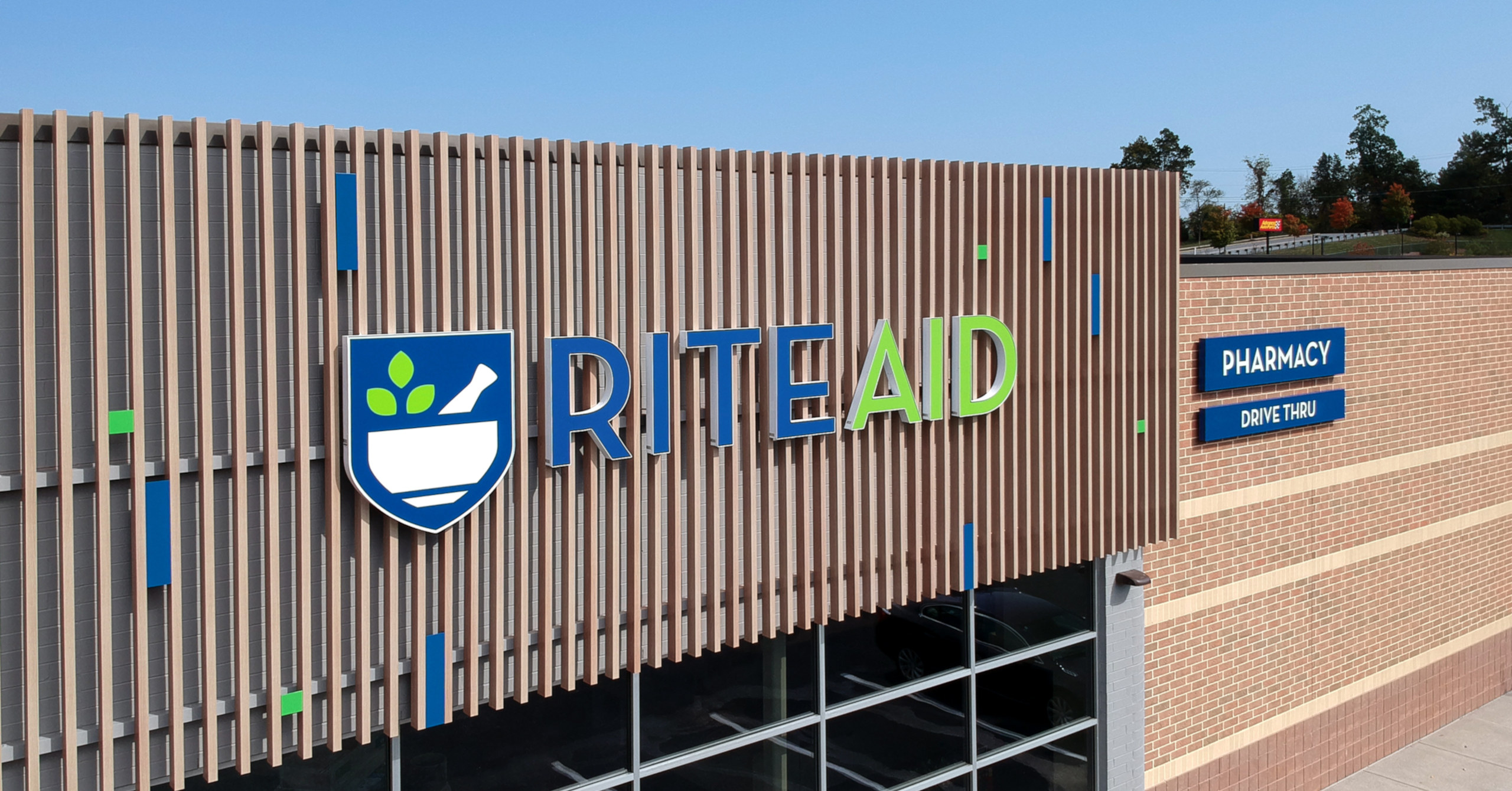PFAS, phthalates, BPA are among the dangerous chemicals Rite Aid now prohibits in food packaging
Rite Aid pledges to address beauty products marketed to women of color
WASHINGTON, D.C.– Rite Aid today announced that it has expanded its commitment to improving chemical management and product safety. The company also states that it has achieved 98% compliance on its 2016 commitment to remove certain harmful chemicals from Rite Aid private-label products.
Rite Aid announced a new restricted substance list for its own-brand food-contact materials, restricting per- and polyfluoroalkyl substances (PFAS), ortho-phthalates, bisphenols, perchlorate, benzophenone, and other chemicals of high concern in food packaging. The company will also require suppliers of own-brand formulated products to disclose all generic ingredients such as fragrance ingredients to Rite Aid by the end of 2023. Also for 2021, the company stated, “Rite Aid plans to expand its restricted substance list to include toxic chemicals in beauty and personal care products marketed to women of color.” These new commitments are featured in the company’s updated safer chemicals policy.
“We are very pleased to see that Rite Aid is taking concrete actions to safeguard its customers and communities from toxic chemicals,” explains Mind the Store campaign director Mike Schade. “Today’s announcement shows excellent progress and even goes the extra mile by setting new sustainability goals for the future. Setting higher bars on chemicals management is a growing sustainability trend among retailers. In our work with Rite Aid over the last year, we have been impressed by the progress made despite the global pandemic.”
“We thank Rite Aid for its plans to expand its restricted substances list to include hair care and other beauty products marketed to women of color that contain toxic chemicals, which are linked to higher incidences of cancer, poor infant and maternal health outcomes, learning disabilities, obesity, asthma, and other serious health concerns,” said Taylor Morton, Director of Environmental Health and Education at WE ACT for Environmental Justice. “We hope the company’s leadership will inspire others to examine the products they carry and sell to both women and girls of color, helping us address this critical but often overlooked environmental justice issue that contributes to the disproportionately higher cumulative exposure to toxics in communities of color.”
Some state and local governments are moving to phase out toxic chemicals in products and packaging in favor of safer alternatives. In 2020, California banned 24 toxic ingredients, including mercury and formaldehyde, from beauty and personal care products. Over the past two years, Washington and Maine have enacted phase-outs of PFAS in food packaging that go into effect January 1, 2022, or as soon as safer alternatives are available. Maine’s new law also prohibits the use of phthalates in food packaging and food handling gloves effective January 1, 2022. And, more recently, New York passed a bill banning the use of PFAS in food packaging, which takes effect at the end of 2022. Federal legislation to ban PFAS in food packaging, the Keep Food Containers Safe from PFAS Act, is expected to be reintroduced this year by Representative Debbie Dingell (D-Mich.).
As part of Mind the Store’s research for its 2019 retailer report card, we found that top food retailers are increasingly adopting safer chemicals policies to reduce and eliminate harmful chemicals. Over the past two years, Ahold Delhaize, Albertsons, Amazon.com, Cava, Chipotle, Freshii, Kroger, McDonald’s, Panera Bread, Sweetgreen, Taco Bell, Trader Joe’s, and Whole Foods Market announced steps to reduce or eliminate certain toxic chemicals in food packaging at their stores. A recent report published by the Mind the Store campaign and Toxic-Free Future found major fast-food chains such as McDonald’s, Burger King, and Wendy’s still likely serve up toxic PFAS with some of their most popular takeout foods.
Rite Aid previously received a grade of B+ in the 2019 “Who’s Minding the Store?” Retailer Report Card. The next retailer report card will be released on March 31, 2021.
###
MIND THE STORE CAMPAIGN
The national Mind the Store campaign challenges big retailers to eliminate toxic chemicals and replace them with safer alternatives. The campaign publishes the annual retailer report card that benchmarks and scores major retailers on their safer chemicals policies and implementation programs. www.mindthestore.org and www.retailerreportcard.org
TOXIC-FREE FUTURE
Toxic-Free Future advocates for the use of safer products, chemicals, and practices through advanced research, grassroots organizing, and consumer engagement to ensure a healthier tomorrow. www.toxicfreefuture.org
WE ACT FOR ENVIRONMENTAL JUSTICE
WE ACT for Environmental Justice is a Northern Manhattan membership-based organization whose mission is to build healthy communities by ensuring that people of color and/or low-income residents participate meaningfully in the creation of sound and fair environmental health and protection policies and practices. WE ACT has offices in New York City and Washington, D.C. Visit us at weact.org and follow us on Facebook, Twitter, and Instagram.

